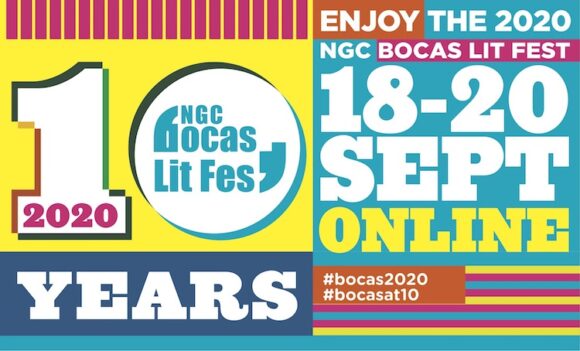Application Deadline: December 1, 2019
The Schomburg Center for Research in Black Culture, a unit of The New York Public Library, invites applications for its Scholars-in-Residence Program for the 2020-2021 academic year.
The program offers long-term and short-term research fellowships to scholars and writers pursuing projects in African diasporic studies in fields including history, politics, literature, and culture.
Long-term fellowships provide a $35,000 stipend to support academics and independent scholars who work in residence at the Schomburg Center for a continuous period of six to nine months. Fellows are provided with individual office space, research assistance, and access to the unparalleled resources of the Schomburg Center. In addition to pursuing their own research projects, fellows also engage in an ongoing interdisciplinary exchange of ideas, sharing their research with one another in a weekly work-in-progress seminar. While in residence, they are also exposed to the vibrant intellectual life of the Schomburg through its public exhibitions, panels, screenings, and events.
Short-term fellowships are open to postdoctoral scholars, independent researchers, and creative writers (novelists, playwrights, poets) who work in residence at the Center for a continuous period of one to three months. Short-term fellows receive a stipend of $3000 per month.
Requirements: The program is intended for scholars requiring extensive, on-site research with collections at the Schomburg, the pre-eminent repository for documentation on the history and cultures of peoples of African descent around the globe. Fellows are expected to be in full-time residence at the Center during the award period and to participate in scheduled seminars and colloquia. Persons seeking support for research leading to degrees are not eligible under this program. Current candidates for advanced degrees must be scheduled to complete and receive their degree before the start date of the fellowship.
This program is made possible in part through grants from the National Endowment for the Humanities, the Ford Foundation, the Andrew W. Mellon Foundation, and the Samuel I. Newhouse Foundation.
Application Instructions:
A complete application must include:
- The Schomburg Center Scholars-in-Residence Application.
- A 1500-word description of the proposed study.
- Curriculum vitae (limit to 3 pages).
- Names of references (long-term fellows must submit three recommendation letters; short-term fellows must submit a minimum of two letters). References will receive an e-mail instructing them how to upload their recommendations.
For more information and to apply , please visit: schomburgcenter.org/scholarsinresidence
Above text adapted from webpage.


